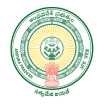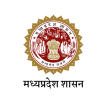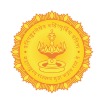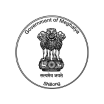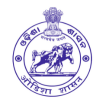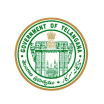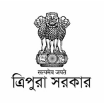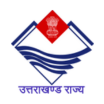Israel, the Startup Nation, is a young and vibrant democracy located in the eastern part of the Mediterranean Sea, at the heart of West Asia.
Israel, a small country that faced numerous challenges throughout the years, from security to water and development challenges, has developed extensive entrepreneurship and innovation scene with more than 5,000 start-ups and tech companies responsible to some of the most groundbreaking technological developments of today.
Israel attributes great importance to research and development (R&D) and holds the highest number of startups per capita. Israel enjoys the highest rate of Governmental investment in R&D with more than 4% of GDP and has a strong viable venture capital industry. All major international companies like Google, Apple, Microsoft and IBM hold development centers in Israel to tap into Israeli knowledge and capabilities. There are over 300 cyber companies in Israel including a dedicated cyber-park - Cyberspark, located in Beer Sheva, Israel’s Cyber Capital.
Facing challenges of water scarcity and depletion of natural water resources, Israel has developed countless water technologies and solutions including water desalination. Israel treats 80% of its domestic wastewater, which is recycled for agricultural use, and nearly 50% of the total water is being used for agriculture. Israel has also pioneered the drip irrigation technology by providing the roots of plants just the right quantity of water drop by drop.
Israel is also known around the globe for being a world leader in agriculture technologies. Israel’s success lies in the determination and ingenuity of farmers and scientists and close cooperation between R&D and industry, developing a flourishing agriculture sector in a difficult environment with limited water resources.
Israel has embraced solar energy over 30 years ago. Over 90% of Israeli homes use solar energy for water heating. According to government figures, the country saves 8% of its electricity consumption per year because of its solar energy use in heating.
Jerusalem, Israel’s capital and one of the oldest cities in the world, holds great religious importance to Jews, Christians and Muslims. The country is full of archeological and historical sites that are a proof for the rich past the land of Israel has and the role it has played as an important trade route from Asia to Europe. The lowest place on earth - the Dead Sea – is a hypersaline lake situated in the eastern part of Israel. At the altitude of -408m, the Dead Sea’s unusually high salt concentration means that people can easily float thanks to natural buoyancy.
The Israeli academic institutions are ranked among the best in the world and since 2002, eight Israeli scientists have been awarded with Nobel prizes in chemistry and Economics. Leading Israeli Universities include Hebrew University of Jerusalem, the Technion - Israel Institute of Technology, Tel Aviv University, Haifa University, Ben-Gurion University of the Negev and the Weizmann Institute of Science.
Israel is also known as the "land of milk and honey" and the Israeli cuisine is rich and abundant with fresh ingredients and a combination of local dishes native to Israel and dishes brought to Israel by Jews from the Diaspora. It incorporates many foods traditionally eaten in Levantine, Middle Eastern and Mediterranean cuisines such as falafel, hummus, msabbha, shakshouka, couscous, and za'atar. Fresh fruits and vegetables are a basic ingredients in every meal while the most popular street food is falafel or deep fried balls of ground chicken peas stuffed in pita bread with a variety of salads.
Population: 97.5 lakhs
Jews (73.5%)
Arabs2 (21.0%)
Others (5.5%)
Languages: Hebrew, Arabic (official)
Capital: Jerusalem
Currency: New Israeli Shekel (NIS)
Establishment State Date: 14.5.1948












